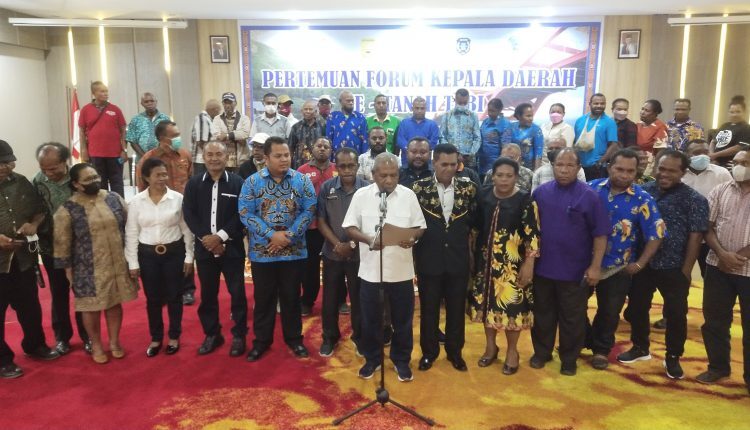Tabi Customary Council Supports the Expansion of Papua Region
By: Rebecca Marian)*
The regional expansion program continues to receive support from the Papuan people. This time, the Papuan Tabi Customary Council supports the Government’s plan because it is believed that it will accelerate the progress of the earth of Cenderawasih.
Papua has 2 provinces, namely Papua and West Papua. Even though the territory of Papua is very wide, which is more than 400,000 KM2) so that if there are only 2 provinces, it is a bit difficult to arrange administration to our mother, the province. Besides being far away, it also requires high costs. This is one of the factors to add provinces in the Papua region.
The government finally granted the people’s request and promised to form 3 new provinces, namely Central Papua, Central Highlands Papua, and South Papua. There is already a bill that regulates it, it’s just a matter of promulgation. The regional expansion was also approved by the people because they really wanted it.
The Tabi Customary Council Forum fully supports the plan of the central government and the Indonesian House of Representatives in establishing a New Autonomous Region in Papua. Namely the Provinces of South Papua, Central Papua, and Papua Central Mountains. Jayapura Regent Mathius Awoitauw stated that as regional leaders, all communities must be safe and prosperous. Therefore, society must accept special autonomy.
Mathius added that the plan to form a new autonomous region must be approved by indigenous peoples. Likewise with Otsus (special autonomy) volume 2. If someone doesn’t agree with it, it can be considered as a less traditional community. In a sense, it is rare for Papuans to disagree, perhaps because they do not understand the benefits of regional expansion.
In a sense, the regent himself approved the formation of a new province because he conveyed the aspirations of his people. They want to form a new autonomous region in order to facilitate the administration of the provincial capital. For example, in the past, from Intan Jaya to Jayapura (capital of Papua province) it was more than 400 KM, now from Intan Jaya to Mimika (capital of Central Papua province) it is only 100 KM.
The community did ask for regional expansion for reasons of ease of administration, because the territory of Papua is very large. If there are only 2 provinces then the distance from the regions to the capital city is further. However, if there are 5 provinces, they are closer, because the area is smaller and automatically closer. Therefore, it is natural that the Tabi indigenous people support regional expansion.
In addition, the community and the Tabi customary council agreed to the division of the territory because they were ready. Since 2012 there has been a request for a new province, and in Tabi everything is complete. Starting from administrative requirements, permits for regents, mayors, and governors, school buildings and infrastructure, etc.
The Tabi community and all Papuans support regional expansion because there will be many benefits apart from the ease of administration. Later, if there is a new autonomous region, the central government will add to the APBD. APBD funds will be very useful for the people because they are disbursed for development. So that the Papuan people will be more advanced.
The new autonomous region will also create many representative schools, as well as new buildings. So that Papuan children can study up to high school level without having to go to another province. They can be more enthusiastic about learning and become future leaders of Papua.
The support from the Tabi Customary Council as well as the community shows that all indigenous Papuans agree to the division of the Papua region. They realized that the addition of a province in the Bumi Cendrawasih region was very beneficial because it could make the region more developed. With the addition of provinces, it will also be easier to improve people’s welfare and advance Papua as a whole.
)* The author is a Papuan student living in Jakarta
